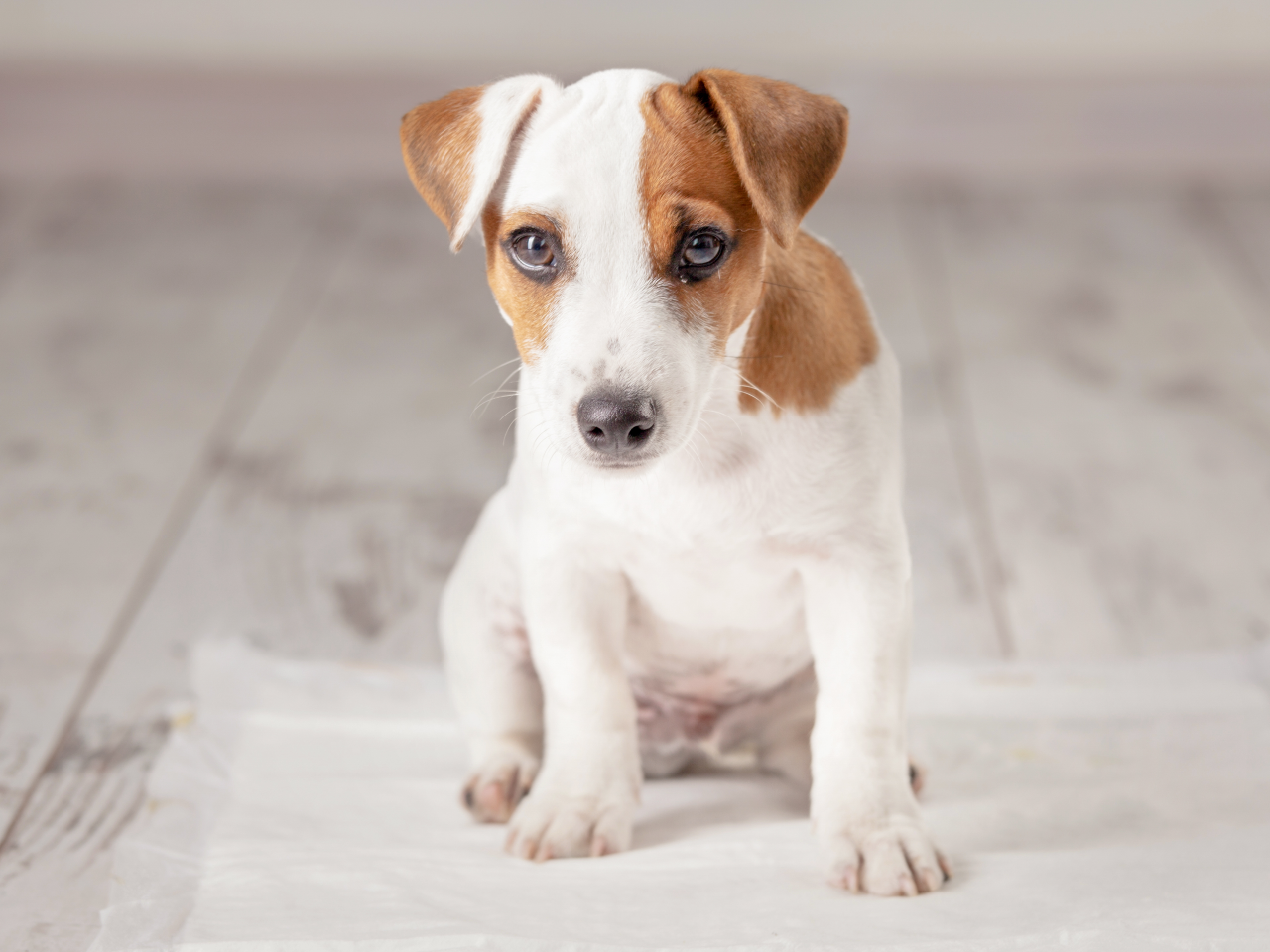
Title: Mastering Puppy Training at Home: Effective Strategies for Owners in the Philippines
Introduction:
Welcoming a puppy into your home is an exciting and joyful experience, but it also comes with the responsibility of training and nurturing your new furry companion. While professional puppy training classes are valuable, training your puppy at home offers unique advantages, especially for owners in the Philippines. In this article, we’ll explore effective strategies for mastering puppy training at home, tailored to the needs and challenges of Filipino pet owners.
Understanding the Importance of Puppy Training at Home in the Philippines:
Puppy training at home offers numerous benefits, including convenience, personalized attention, and strengthened bonds between owners and their pets. With the hustle and bustle of Filipino life, training your puppy at home allows you to integrate training into your daily routine seamlessly.
Creating a Positive Training Environment: Setting Up Your Home for Success:
Establishing a positive training environment at home is crucial for effective puppy training. Designate a quiet and distraction-free area for training sessions, ensuring your puppy can focus and learn without interruptions. For example, setting up a dedicated training corner in your living room can provide a consistent space for learning commands and behaviors.
Essential Commands to Teach Your Puppy at Home: From Sit to Stay:
Teaching essential obedience commands to your puppy at home lays the foundation for good behavior and communication. Commands such as sit, stay, come, and down are fundamental for establishing control and promoting obedience. Consistent practice using positive reinforcement techniques, such as treats and praise, will help your puppy learn and respond to these commands reliably.
Socialization Strategies for Home Training: Helping Your Puppy Interact Well with People and Other Pets:
Socialization is vital for puppies to develop into well-adjusted and confident dogs. Introducing your puppy to various people, pets, and environments within the home environment is key to promoting positive socialization. Arrange playdates with friends’ dogs, invite guests over, and expose your puppy to different sights and sounds to build their social skills and reduce the risk of fear or aggression towards unfamiliar stimuli.
Housebreaking Tips and Techniques: Potty Training Your Puppy in a Filipino Home:
Housebreaking, or potty training, is one of the first and most important lessons for a puppy to learn. Establishing a consistent routine, rewarding desired behaviors, and closely monitoring your puppy’s bathroom habits are essential for successful housebreaking. For example, taking your puppy outside immediately after waking up, after meals, and before bedtime helps instill good potty habits and prevents accidents indoors.
Addressing Common Behavior Issues: Effective Solutions for Chewing, Biting, and Jumping:
Puppies may exhibit common behavior issues such as chewing, biting, and jumping, which can be challenging for owners to address. Redirecting these behaviors towards appropriate outlets, providing chew toys, and consistently reinforcing desired behaviors through positive reinforcement are effective solutions. For instance, when your puppy starts chewing on furniture, offer a chew toy instead and praise them for chewing on the appropriate item.
Positive Reinforcement Training: Building a Strong Bond with Your Filipino Puppy:
Positive reinforcement training is a proven and humane method for teaching and reinforcing desired behaviors in puppies. By rewarding your puppy with treats, praise, or play for good behavior, you reinforce those behaviors and strengthen the bond between you and your pet. For example, when teaching your puppy to sit, reward them with a treat and enthusiastic praise each time they successfully perform the command.
Tailoring Training to Your Puppy’s Needs: Adapting Techniques for Different Breeds and Personalities:
Every puppy is unique, with different temperaments, personalities, and learning styles. Tailoring your training techniques to suit your puppy’s individual needs is essential for success. For example, while some breeds may respond well to food rewards, others may prefer play or affection as rewards. Understanding your puppy’s breed characteristics and personality traits will help you adjust your training approach accordingly.
Enrichment Activities for Home Training: Keeping Your Puppy Mentally and Physically Stimulated:
In addition to obedience training, providing enrichment activities for your puppy at home is crucial for their mental and physical well-being. Interactive toys, puzzle feeders, and games that stimulate your puppy’s senses and engage their natural instincts are excellent choices. For example, hiding treats around the house or playing hide-and-seek can provide mental stimulation and keep your puppy entertained.
Consistency and Patience: Keys to Success in Puppy Training at Home in the Philippines:
Consistency and patience are the cornerstones of successful puppy training at home. Training your puppy requires time, effort, and dedication, but the rewards of a well-behaved and obedient companion are well worth it. Remember to be patient with your puppy’s progress, celebrate their successes, and remain consistent in your training approach.
Conclusion:
In conclusion, mastering puppy training at home requires effective strategies, patience, and dedication from owners in the Philippines. By creating a positive training environment, teaching essential commands, promoting socialization, addressing behavior issues, and utilizing positive reinforcement techniques, you can set your puppy up for success. Embrace the journey of training your furry companion, and enjoy the lifelong bond you’ll build together.
No Comments Yet